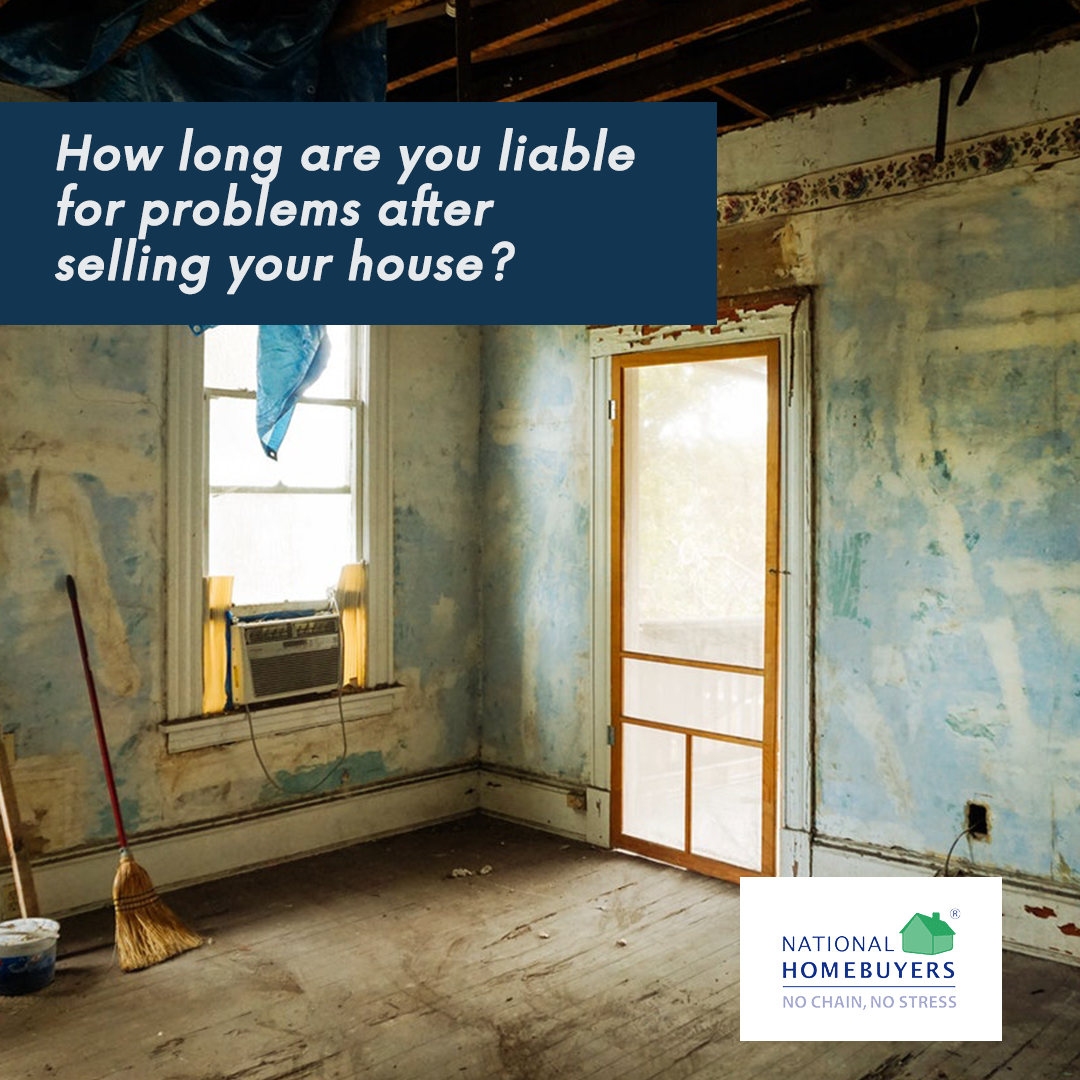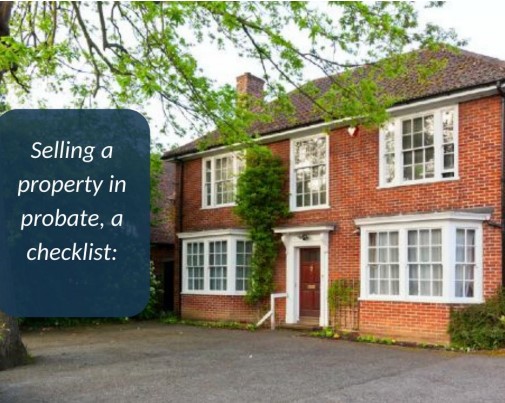How long are you liable after selling your house?
You might imagine that when you’ve sold your property, it’s the end of the process. And from that point on, any problems will be the responsibility of the new owner. But that’s not always the case, so how long are you liable after selling your house? And can you avoid any problems cropping up years after a sale has been completed?
How long are you liable after selling your house?
Property sales are governed by a range of legal obligations throughout the process. And these allow a buyer to claim damages if there’s an issue which existed when contracts were exchanged, it’s a genuine defect rather than an opinion, and the problem has a negative impact on the property value.
But how long are you potentially liable if a problem is raised by the new owner of your home? This would normally fall under the Misrepresentation Act 1967, and the liability period will vary depending on the exact circumstances. Normally a buyer would have six years in which to bring a claim against you, although in certain situations it could be three years from when the buyer becomes aware of a problem.
Obviously as time progresses from the date of completion, it’s increasingly less likely a buyer would be able to show they’d only just discovered a genuine issue that had existed when contracts were originally exchanged on the property.
How to avoid being liable after selling your house?
It’s easy to leave the burden of checking property details with a potential purchaser, and assume the responsibility for any mistakes rests with them. But that isn’t the case.
The conveyancing process includes disclosing any vital information that could affect the value of your home in the TA6 Seller’s Property Information Form. And in addition, you’re legally restricted from providing and misleading information, and must answer any questions truthfully.
So, the easiest way to ensure that you’re not liable if any existing problems are later discovered is to be upfront and honest about them. While it may be tempting to bend the truth slightly if you’re worried it could lower the offer on your house, the risk is that you could be faced with a much higher bill when a case goes to court. In a 2003 case, sellers who answered “no” when the information form asked if they were aware of any disputes about the property were found liable for fraudulent misrepresentation, and had to pay the buyers £67,500 in compensation and costs on a house which sold for £124,000.
Common issues which can lead to misrepresentation claims include structural issues, damp, disputes with neighbours, proposed planning in the area, or the presence of Japanese Knotweed in the garden.
If you’re concerned about selling your home due to an issue, or you don’t have the relevant documents for work carried out years ago (or before you became the owner), then you can protect yourself by taking out indemnity insurance, or by choosing to get a quick and easy cash offer for your property. As home buying specialists for more than 15 years, we understand the difference between a perceived risk and a real issue, and how to tailor our offer to a price that you’re happy with.






